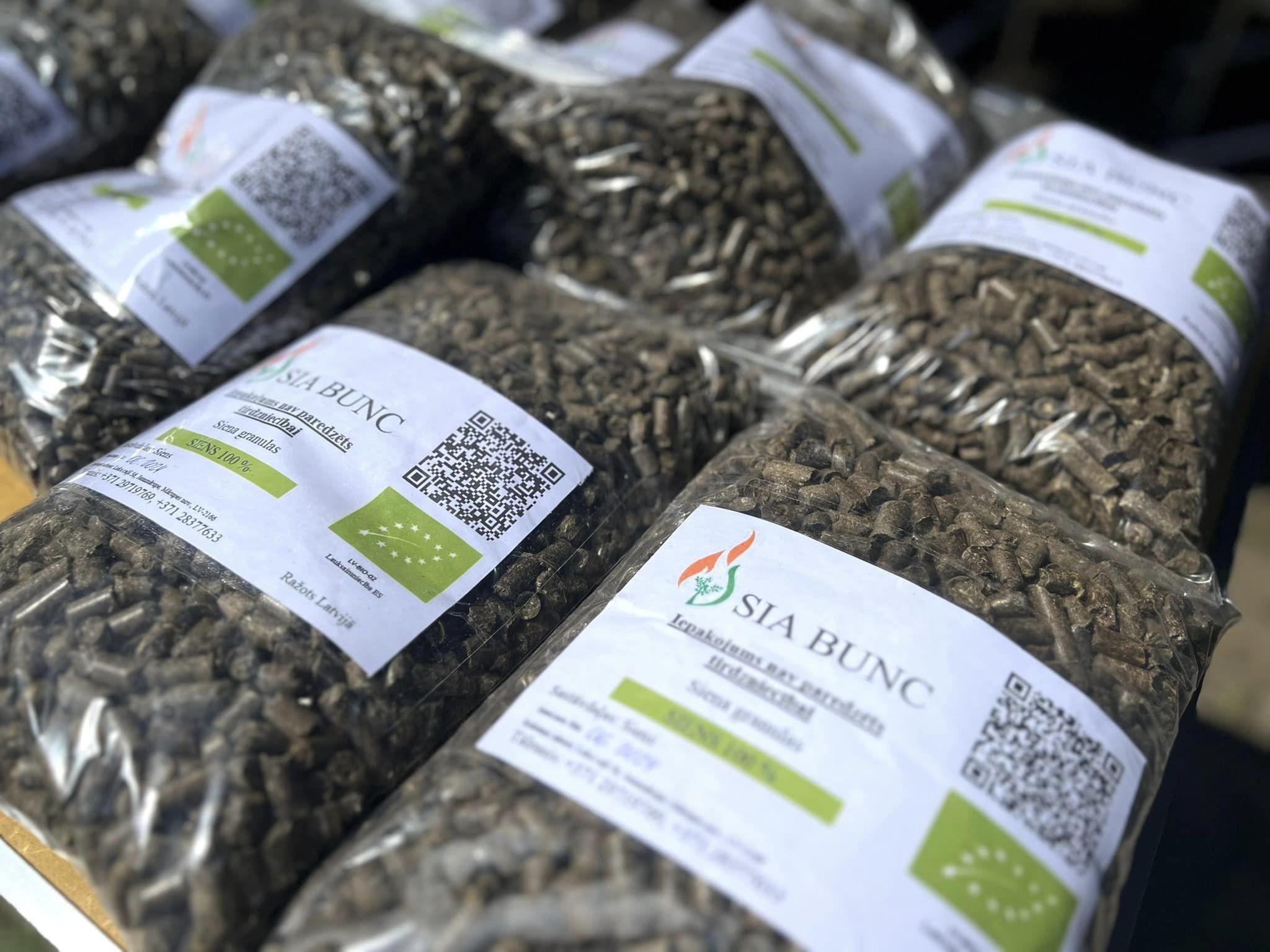Enhancing Pig Nutrition: Incorporating Hay Pellets into Your Swine’s Diet
As conscientious pig owners, providing the best possible care for your swine companions is undoubtedly a top priority. When it comes to nutrition, pigs have specific dietary requirements that must be met to ensure their health and well-being. One interesting option to consider is incorporating hay pellets into your pigs’ diet. Let’s explore how hay pellets can play a role in your pigs’ nutrition while keeping their dietary needs in mind.
The Role of Hay Pellets in Pig Diets
Pigs are omnivores, which means their diets are naturally diverse and include a variety of foods. While hay pellets are traditionally associated with herbivores like rabbits and horses, they can also offer benefits to pigs when used mindfully.
- Fiber Enrichment: Pigs require fiber for healthy digestion and gut function. Hay pellets can serve as an additional source of dietary fiber, supporting their digestive health and promoting regular bowel movements.
- Mental Stimulation: Pigs are curious and intelligent animals that thrive when provided with enrichment opportunities. Hay pellets can be scattered in their environment or placed in puzzle feeders to encourage natural foraging behaviors and mental stimulationa.
- Occasional Treats: Hay pellets can be introduced as occasional treats or snacks. Pigs can enjoy the texture and taste of hay pellets, and offering them as treats can help create positive interactions with their caregivers.
- Limited Foraging Opportunities: In some situations, pigs may have limited access to fresh pasture or forage. Hay pellets can serve as an alternative source of fiber when access to natural forage is restricted.
Balanced Nutrition: A Must for Pigs
While hay pellets can offer benefits to pigs, it’s essential to remember that they should not constitute the entire diet. Pigs require a balanced and varied diet that includes:
- Protein: Pigs need sources of high-quality protein to support muscle growth and overall health.
- Carbohydrates: Carbohydrates provide energy for pigs’ daily activities and bodily functions.
- Fats: Essential fatty acids are necessary for various physiological processes in pigs’ bodies.
- Vitamins and Minerals: Pigs require essential vitamins and minerals to maintain their health and well-being.
Incorporating Hay Pellets into the Diet
Here’s how you can thoughtfully integrate hay pellets into your pigs’ diet:
- Consult a Professional: Before making any dietary changes, consult a veterinarian or an animal nutritionist who specializes in pigs. They can provide personalized guidance based on your pigs’ needs.
- Supplemental Fiber: Use hay pellets as a supplemental source of fiber alongside a balanced pig feed. This can contribute to digestive health and mental stimulation.
- Moderation: Offer hay pellets in moderation, as treats, or as enrichment. Keep in mind that hay pellets should not replace the main diet.
- Varied Diet: Continue to provide a well-rounded diet that includes protein sources, carbohydrates, fats, and essential nutrients.
Prioritizing Pig Well-Being
The well-being of your pigs should always be the central focus. While hay pellets can be a beneficial addition to their diet, it’s crucial to prioritize a comprehensive and balanced nutritional approach. Work closely with professionals who can guide you in creating a diet that meets your pigs’ individual needs and supports their overall health and happiness.
By thoughtfully integrating hay pellets into your pigs’ diet and ensuring a diverse and balanced nutrition plan, you’re taking a proactive step towards providing the best care for your swine companions.
Order BUNC organic hay pellets

Preparation of hay pellets
Pour preferably 1/2 of warm water over the pellets and leave to swell for 15 minutes. They can then be fed as food.
Recommended daily intake
1kg pellet per 100kg live weight (depending on the animal’s load).